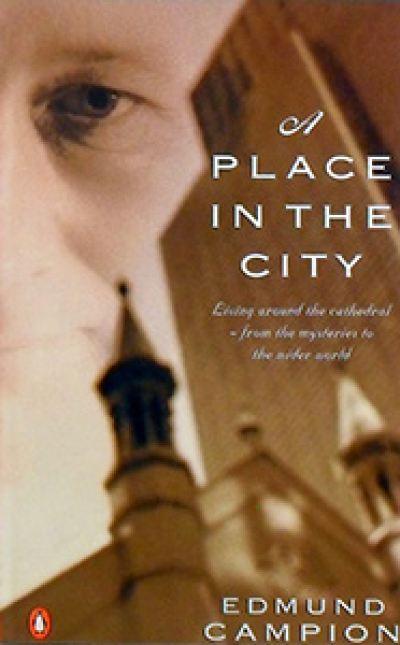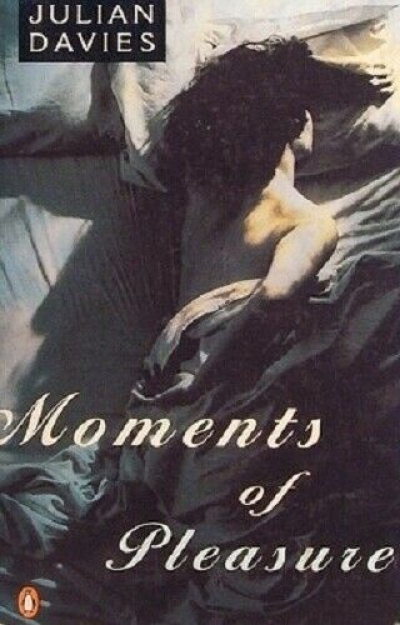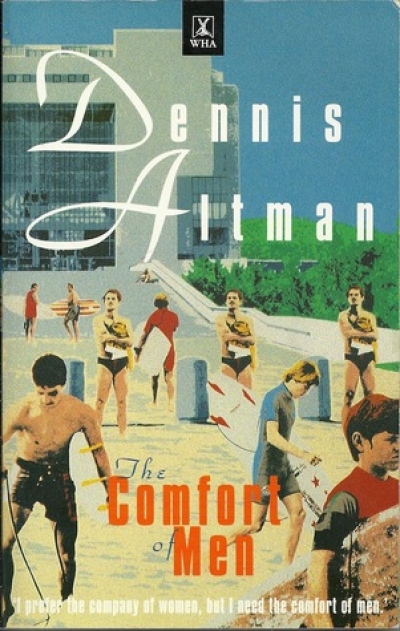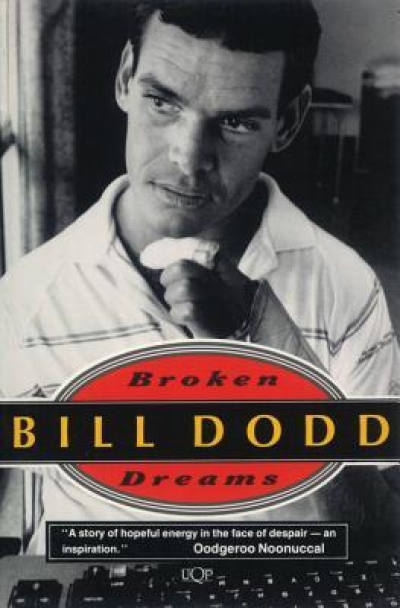John Hanrahan
For part of my life I lived for many years in a monastery. Singing, particularly of plain chant, was important, and the monastery was divided, with a monastic, unworldly sense of the implication of its metaphors, into ‘the choir’ and ‘the scrubbers’. I excelled. Whatever vocation I had, it certainly included being an eternal scrubber. For many years I spent fifteen minutes a day with a patient friend who attempted to teach me to sing the Gospel for the third Sunday before the Epiphany. Standing in the monastery basement and earnestly inhaling the smell of monks’ football boots and sandshoes and unwashed football jumpers, I could never get this simple piece of plain chant right.
... (read more)Oxford University Press has begun a welcome series called Australian Writers. Two further titles, Imre Salusinszky on Gerald Murnane and Ivor Indyk on David Malouf, will appear in March next year and eleven more books are in preparation. Though I find the first three uneven in quality, they make a very promising start to a series. In some ways they resemble Oliver and Boyd’s excellent series, Writers and Critics, even being of about the same length. However this new series is less elementary, more demanding of the reader. It is, predictably, far sparser in critical evaluation, concentrating on hermeneutics, and biographical information is as rare as a wombat waltz.
... (read more)From Paul Salzman
Dear Editor,
It is a shame that allegations of plagiarism in The Hand That Signed The Paper were trivialised into questions of literary echoes that would certainly not have worried any serious member of that curious entity, the literary community. As someone deeply troubled by the anti-Semitism manifested in the novel, I have been interested to know where the Ukrainian material that ‘Demidenko’ defended as family history may have come from. Perhaps we will never know, but now it seems that the plagiarism issue was really something of a red herring, distracting attention from what was most disturbing about the novel and its attendant prizes. I cannot see that ‘postmodemism’, under any definition, could be blamed for this situation, given that the Miles Franklin judgment is based, I believe, on a bankrupt and outmoded humanism that sees abstract moral truth in literary works without having any sophisticated regard for politics or history.
... (read more)John Hanrahan reviews 'A.D. Hope' by Kevin Hart, 'James McAuley' by Lyn McCredden, 'Peter Porter' by Peter Steele, 'Reconnoitres' edited by Margaret Harris & Elizabeth Webby, 'Annals of Australian Literature' edited by Joy Hooton & Harry Heseltine
Oxford University Press has begun a welcome series called Australian Writers. Two further titles, Imre Salusinszky on Gerald Murnane and Ivor Indyk on David Malouf, will appear in March 1993, and eleven more books are in preparation. Though I find the first three uneven in quality, they make a very promising start to a series. In some ways they resemble Oliver and Boyd’s excellent series, Writers and Critics, even being of about the same length. However this new series is less elementary, more demanding of the reader. It is, predictably, far sparser in critical evaluation, concentrating on hermeneutics, and biographical information is as rare as a wombat waltz.
... (read more)Now we are in the season of missed and mellow fruitfulness. The mellow fruitfulness belongs to the winners of literary awards and literary grants. The missed are those who are eternally short listed but never ascend the throne. Of course, some books shortlisted never have a chance of winning. They are put there for encouragement, minor recognition, sometimes tokenism.
... (read more)




